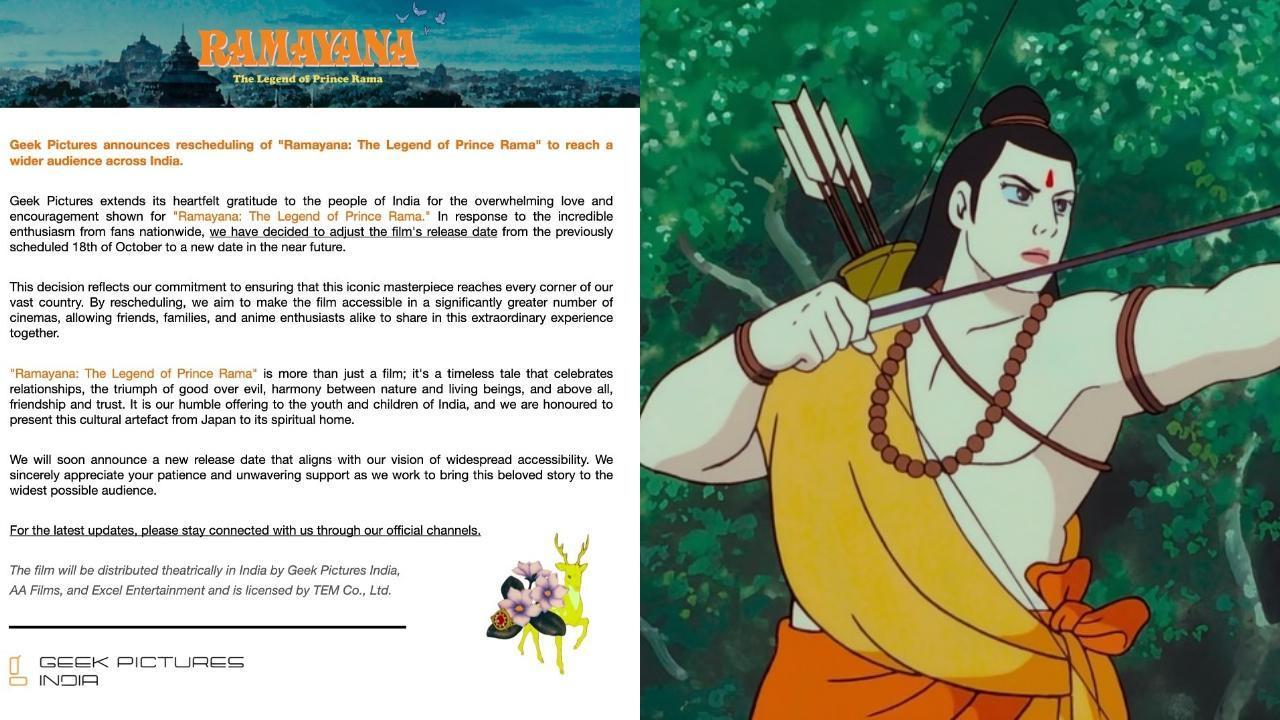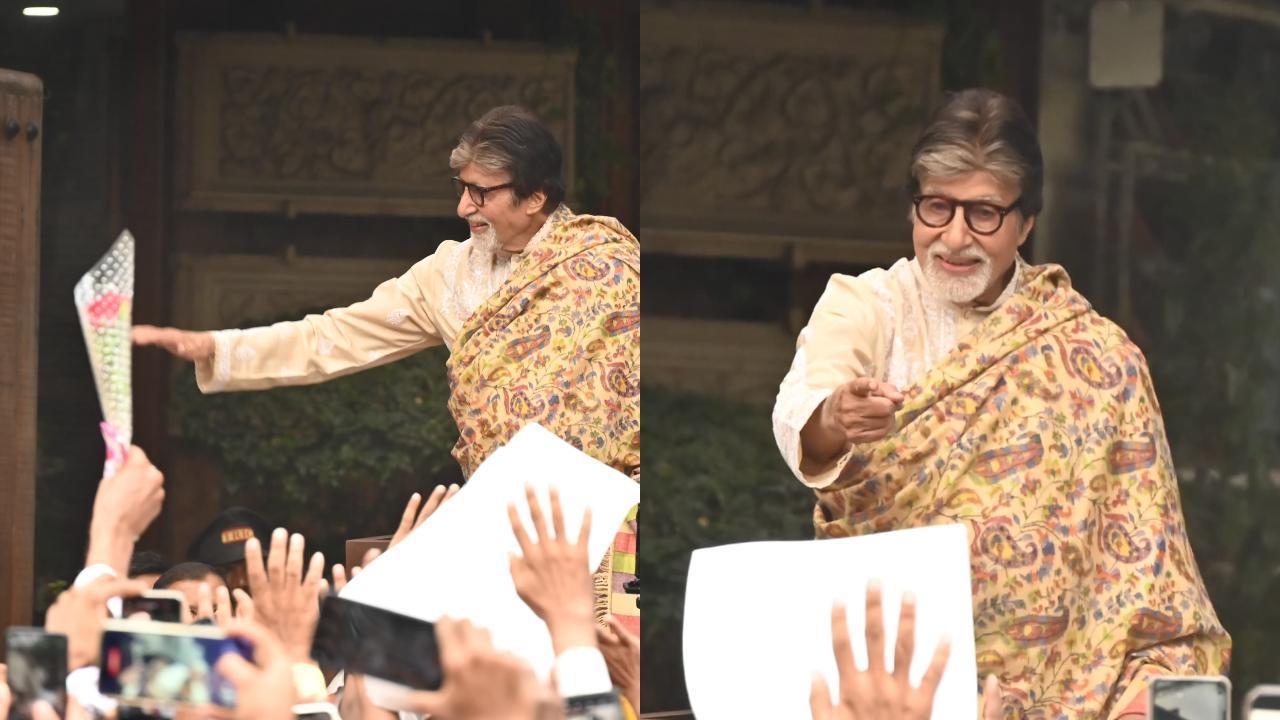
In a significant decision that underscores the importance of player and spectator safety in global sporting events, the Asian Football Confederation (AFC) announced the relocation of an upcoming FIFA World Cup qualifying match. Initially slated to take place in Iran, the eagerly anticipated encounter between Iran and Qatar has been moved to a neutral venue in Dubai, United Arab Emirates. The decision reflects escalating security concerns in the region, presenting yet another challenge in the delicate balancing act of managing international sports under volatile geopolitical conditions.
The announcement from the AFC came this Thursday evening and was delivered in consultation with FIFA and relevant stakeholders. In their statement, the AFC emphasized that the venue change for the October 15 fixture was made after thorough deliberation about the prevailing security situation in Iran. The change marks a notable incident in the third round of Asia’s qualification matches, which often draw substantial international interest.
Recent reports emerging from Iran indicated that officials from Tehran had previously suggested an alternative arrangement. They proposed swapping the fixture locations, allowing the upcoming game to occur in Qatar, with the reciprocal match originally planned for Doha next year to be hosted instead in Iran. Nonetheless, with tensions in the Middle East continuing to rise, the AFC opted for the neutral ground of Dubai, moving away from both countries directly involved in the match.
This decision notably follows recent developments concerning the Mohun Bagan Super Giants, a club that represents India in the AFC Champions League Two. The team was eliminated from the tournament after refusing to travel to Iran to face Tractor SC in the city of Tabriz. The Indian club’s decision was largely influenced by security concerns, particularly amidst the ongoing Israel-Hezbollah conflict, highlighting a growing trend where geopolitical issues are beginning to influence sporting decisions.
On Monday, the AFC clarified its stance regarding Mohun Bagan’s withdrawal, stating unequivocally that the team was considered to have withdrawn from the competition.
. This precedent set by the AFC further underscores the intricate relationship between sports, politics, and international relations, where decisions made on the field can carry significant weight off it as well.
Adding to Iran’s football challenges, Iranian media recently reported that the AFC instructed Esteghlal FC, another of the nation’s clubs, to relocate an important AFC Champions League Elite match. Scheduled to face Al-Nassr of Saudi Arabia, a team led by global football icon Cristiano Ronaldo, the match, initially set for October 22, must also be moved to a third country. This directive only amplifies the ongoing disruptions Iranian teams are currently facing in continental competitions.
This evolving situation has captured the attention of sports fans and analysts worldwide, as it resonates beyond the realm of sports. The relocations and match cancellations not only mirror existing regional tensions but also highlight broader global issues facing international sports organizations today.
As the countdown to the October 15 qualifier continues, all eyes will be on Dubai. The city’s reputation as a neutral and safe sporting venue with world-class facilities lives up to its standing as a global hub for international events. For fans and players gathered in the UAE, the primary focus will undoubtedly remain on the thrilling contest anticipated between Iran and Qatar, both vying for the precious opportunity to advance towards the FIFA World Cup.
The inevitable intersection of sports and politics continues to manifest in new, often unexpected ways. While the relocation announcements illustrate the complexities involved, they also reaffirm a commitment to players’ and fans’ safety. As sports organizations like the AFC work tirelessly to navigate these challenges, the dynamic intersection of global events and local passions ensures that the future of international sports remains as unpredictable as it is exciting.










